Introduction to the types of refractory materials
Refractory materials are a class of materials that can withstand high temperatures and maintain their physical and chemical properties under extreme conditions. Refractory materials are widely used due to high temperature resistance, and common refractory materials are divided into the following categories.
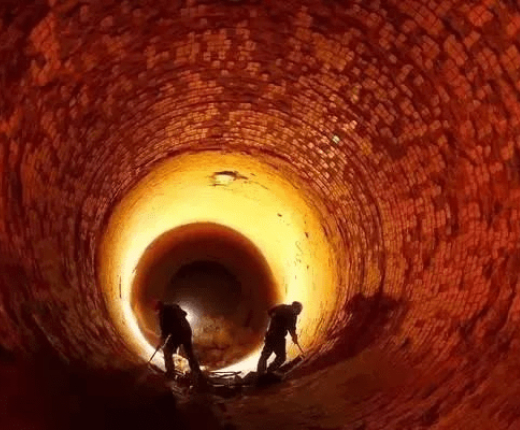
Classification of refractories
Refractories can be divided into acidic refractory materials, neutral refractories and basic refractories according to their chemical characteristics, and can also be divided into light refractory material and heavy refractory material according to their density. According to the shape, it can be divided into shaped refractory materials and unshaped refractory materials. The shaped products are various refractory brick products, and the unshaped products are various refractory castables.
Type one refractory material :refractory brick
Shaped refractories can be divided into heavy refractory bricks and lightweight insulation bricks.
Heavy refractory bricks are represented by اعلی ایلومینا اینٹوں, which are formed and calcined from bauxite or other materials with high alumina content. It is often used as a fabric for masonry steelmaking electric furnaces, glass melting furnaces, and cement rotary furnaces.
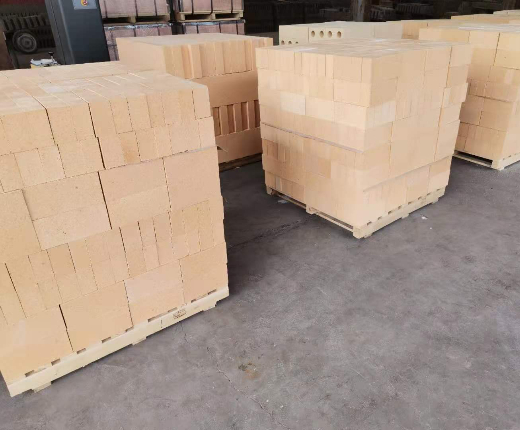
Lightweight insulation bricks are represented by mullite insulation bricks. In addition to mullite, those with low alumina content also contain a small amount of glass phase and cristobalite. They are mainly used for hot blast stove tops, blast furnace shafts and Furnace bottom, glass melting kiln regenerator, ceramic sintering kiln, dead corner lining of petroleum cracking system, وغیرہ.
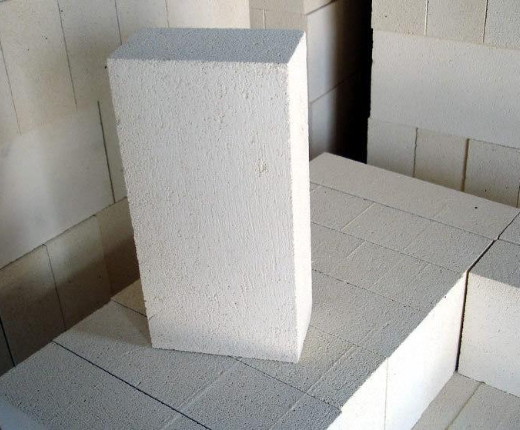
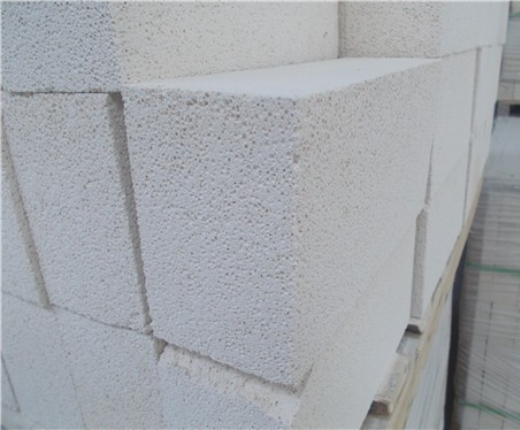
Type two refractories: Unshaped refractories
Unshaped refractories refer to various types of refractory castables, plastics, spray coatings, وغیرہ.
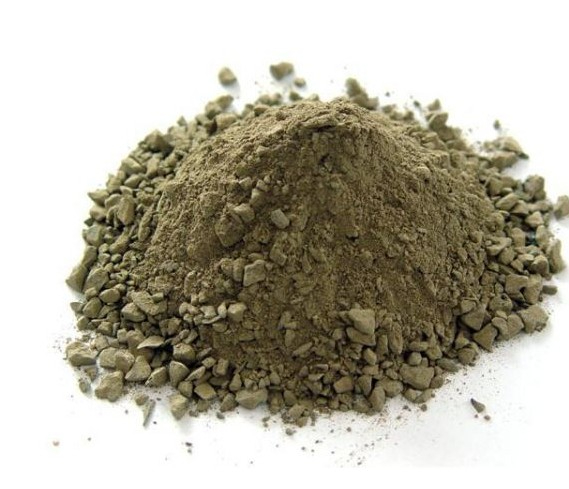
Unshaped refractory materials are convenient for construction, strong adaptability, stable performance, and easy maintenance. They are usually used in linings, stockpiles, furnace walls, flues and other parts of high-temperature equipment. Such as blast furnace, converter, electric furnace, glass kiln, cement kiln and other fields.
 رونگشینگ ریفریکٹریز فیکٹری
رونگشینگ ریفریکٹریز فیکٹری
WeChat
وی چیٹ کے ساتھ کیو آر کوڈ اسکین کریں۔